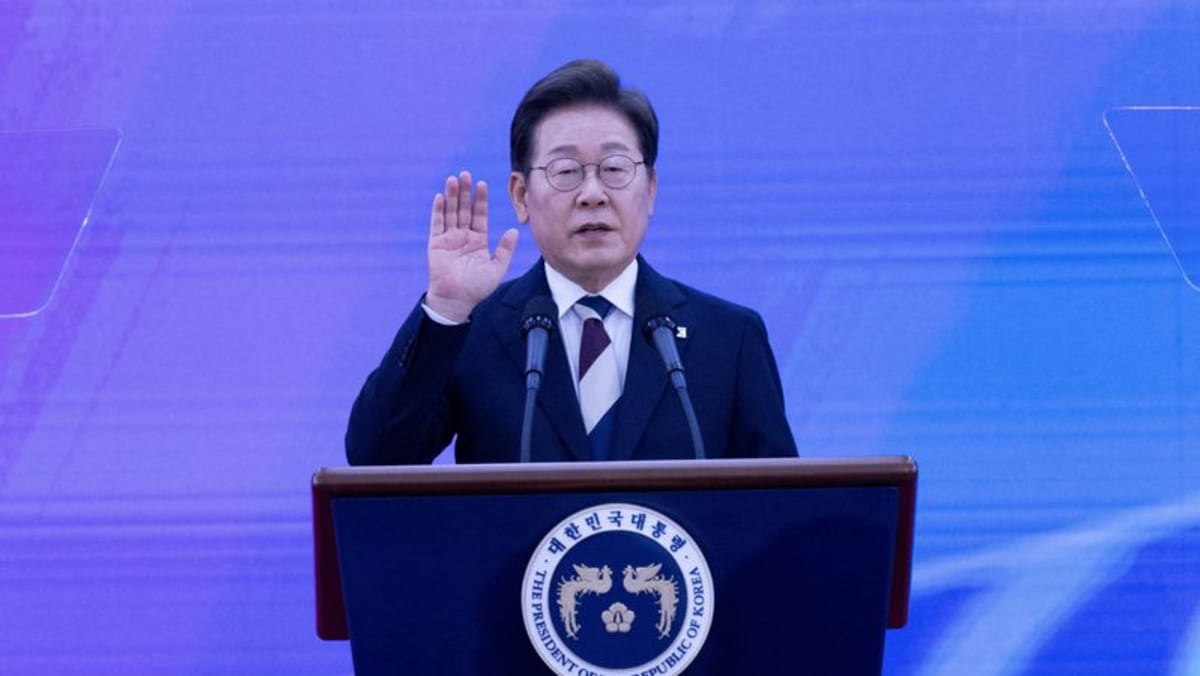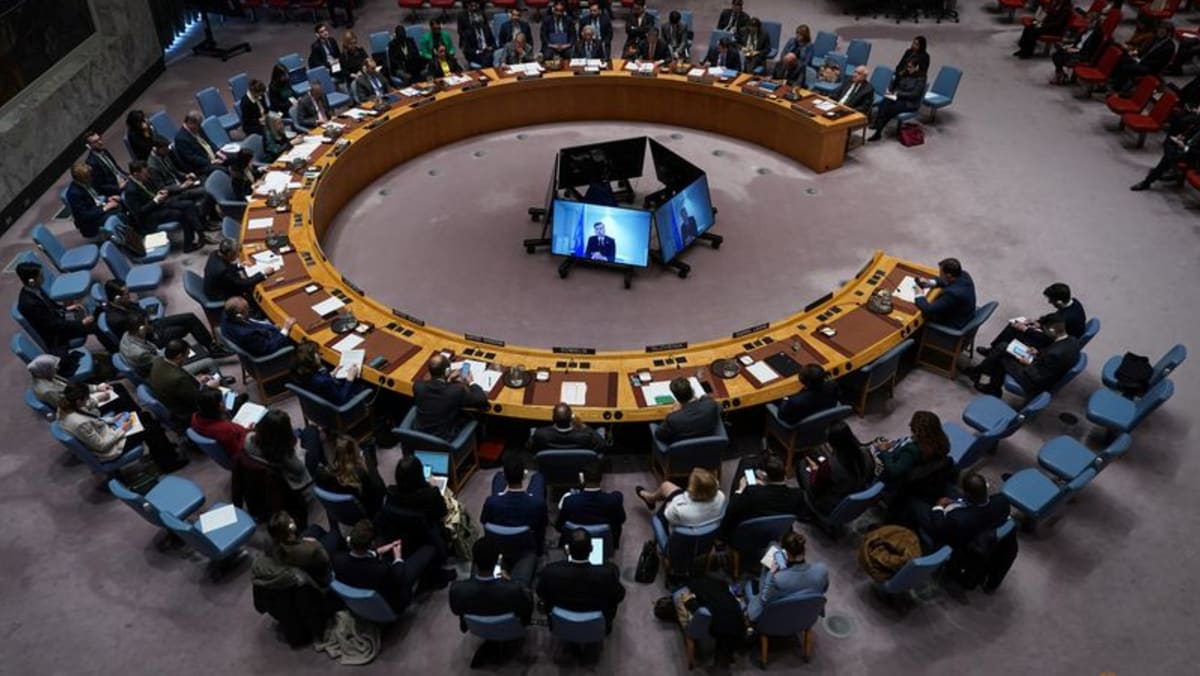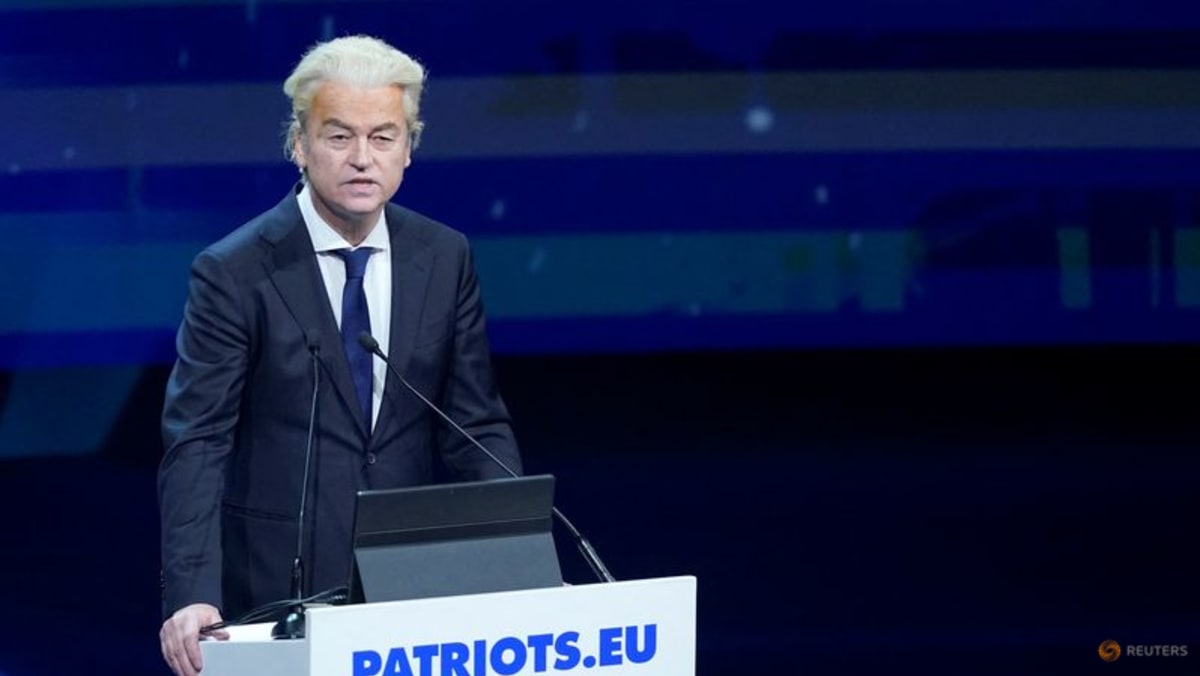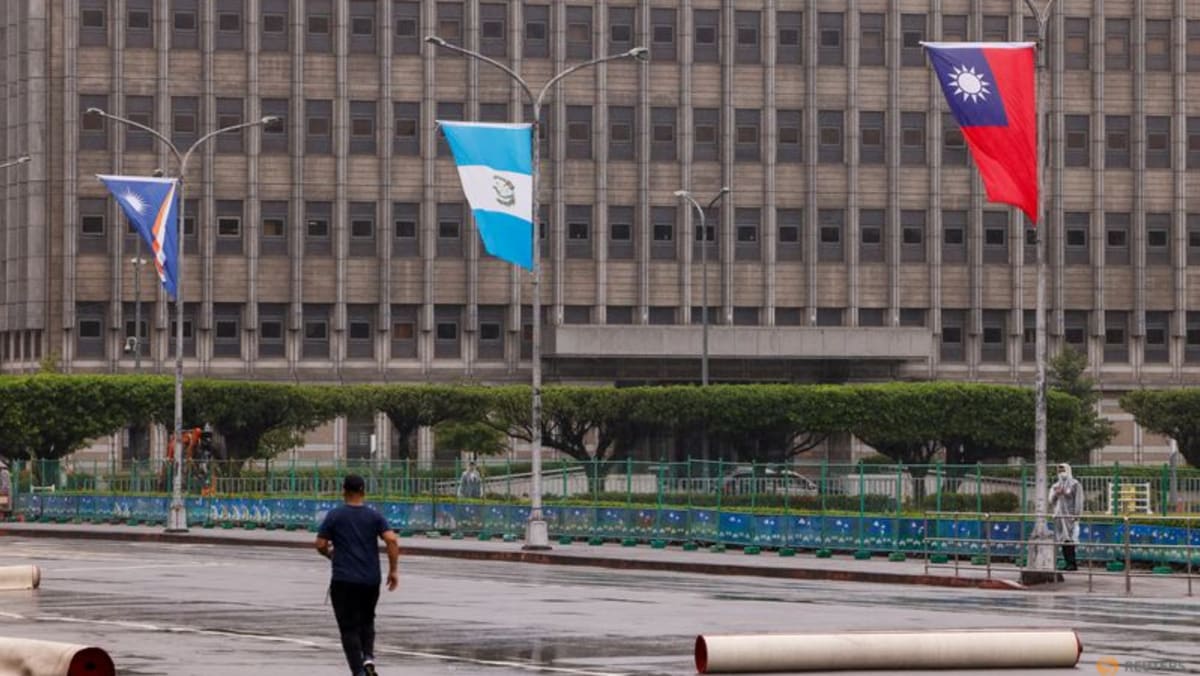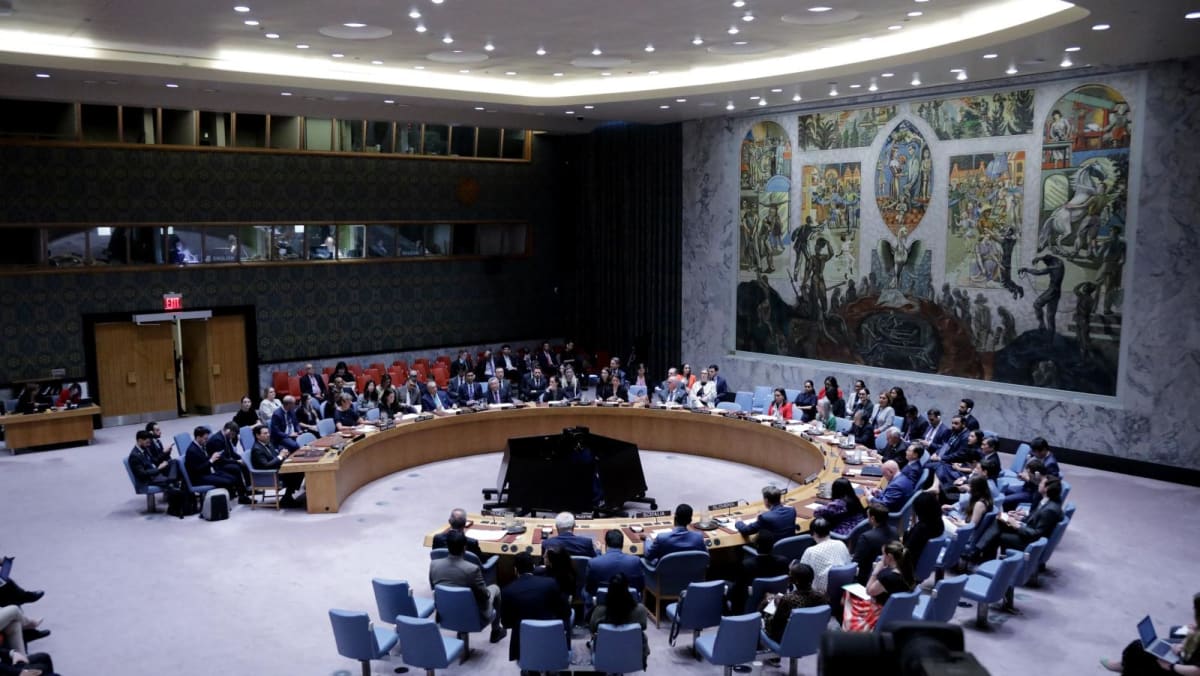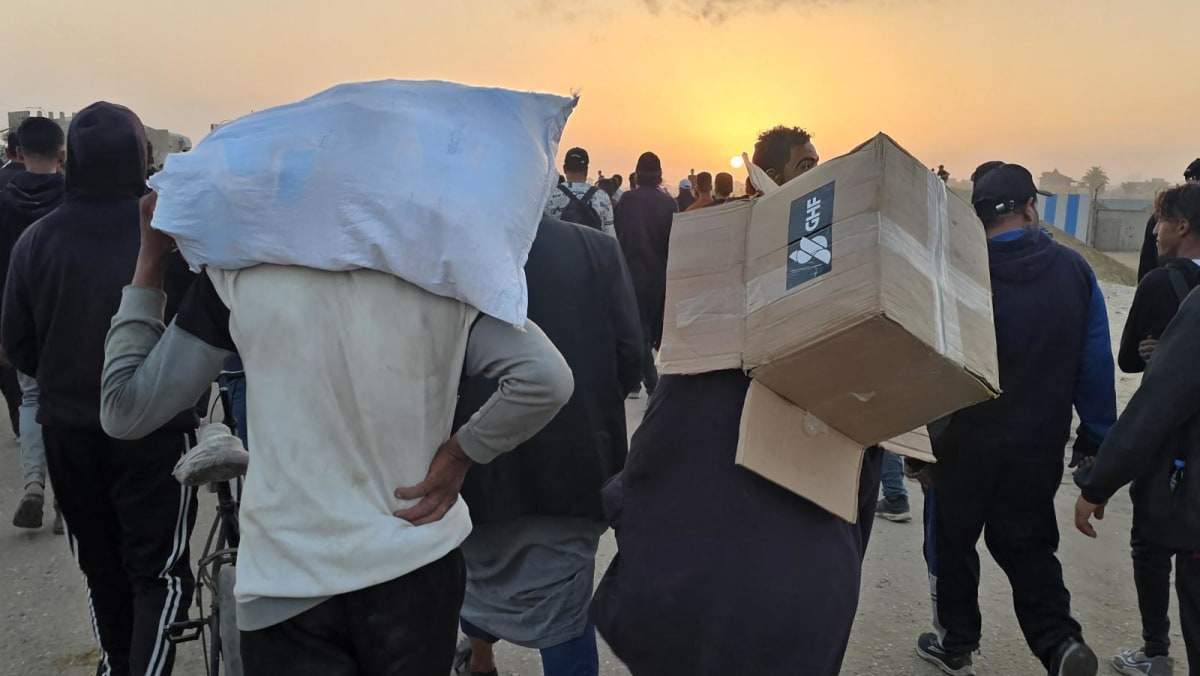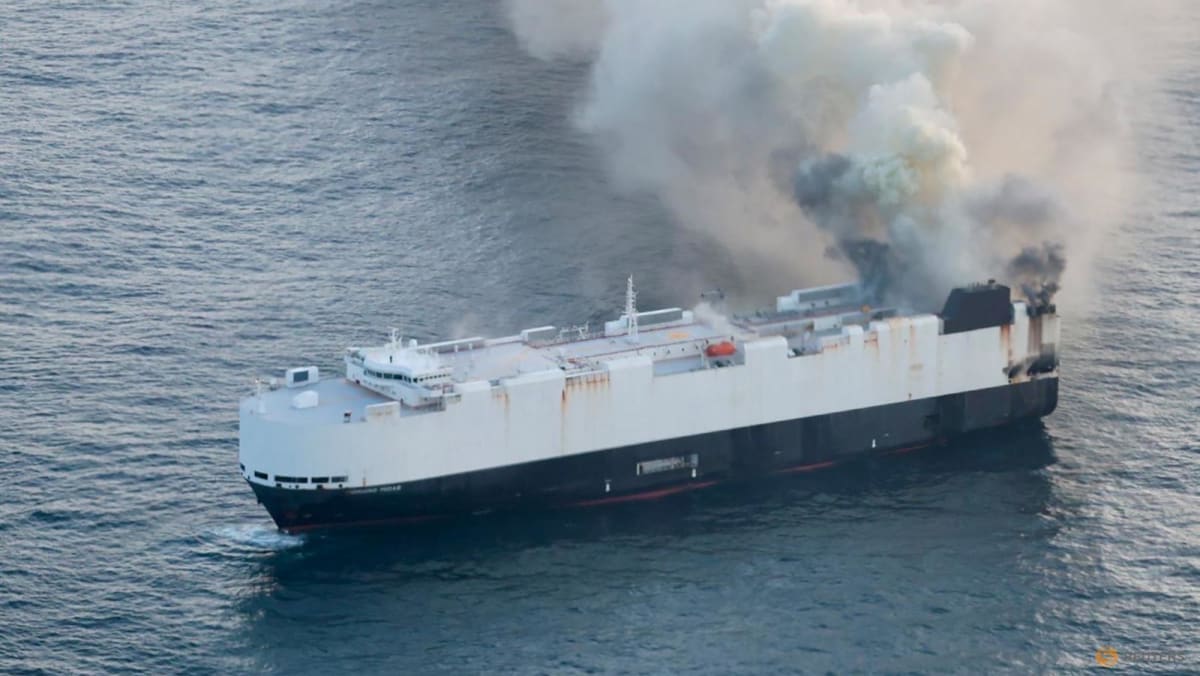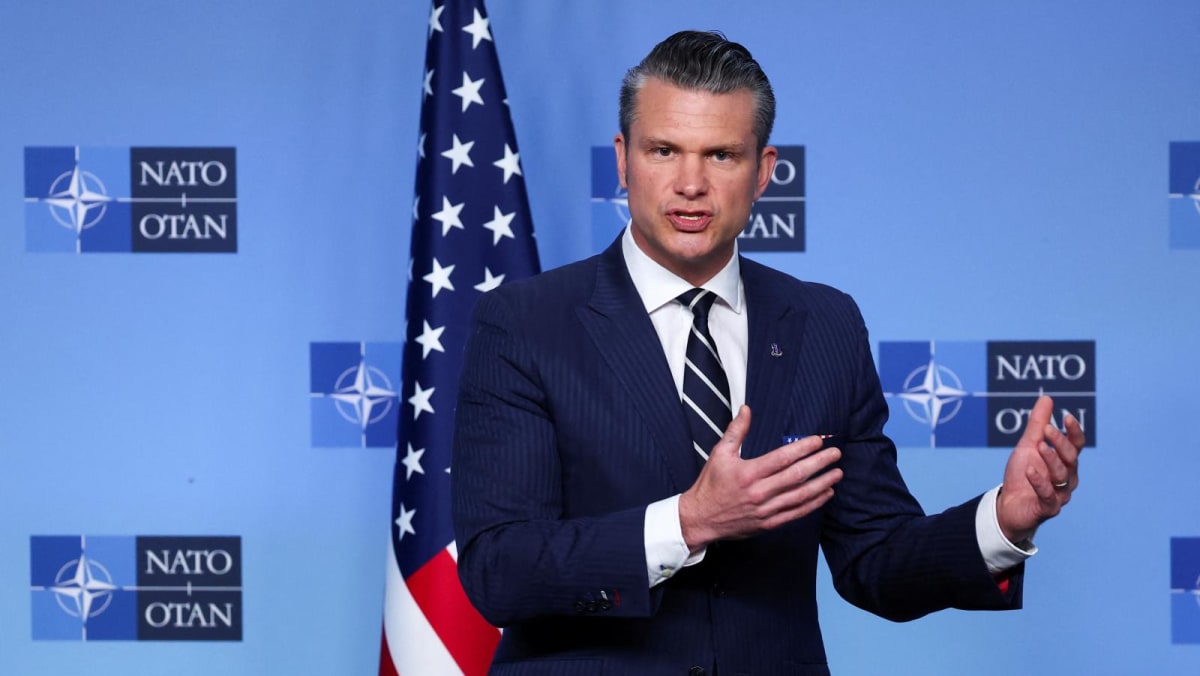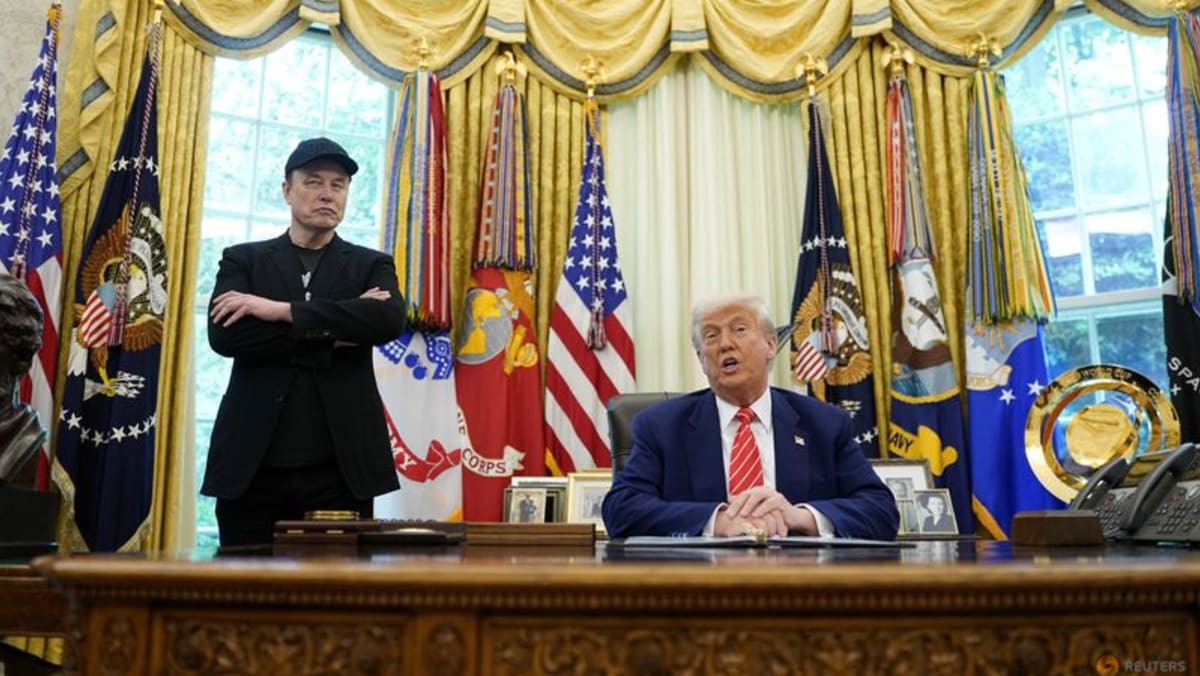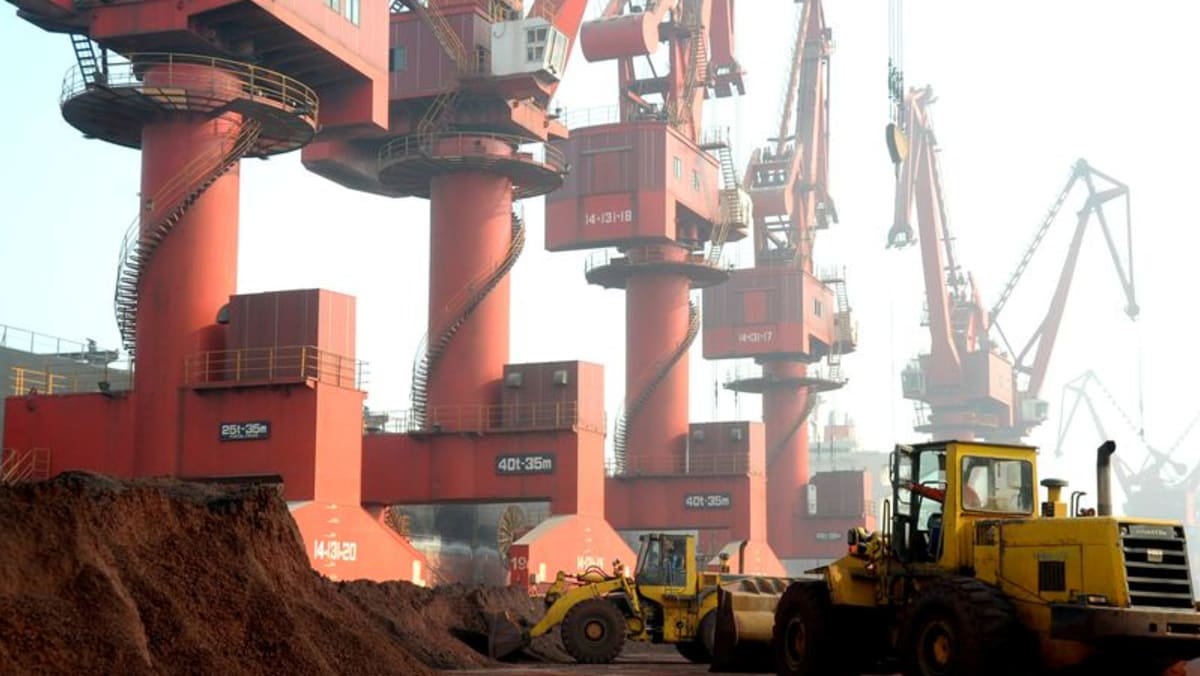The prospect of a new election is likely to delay a decision on boosting defence spending and means the Netherlands will have only a caretaker government when it hosts a summit of the transatlantic NATO alliance this month.
ELECTION MAY BE MONTHS AWAY
Wilders said he had had no option but to quit the coalition.
“I proposed a plan to close the borders for asylum seekers, to send them away, to shut asylum shelters. I demanded coalition partners sign up to that, which they didn’t. That left me no choice but to withdraw my support for this government,” he told reporters. “I signed up for the strictest asylum policies, not for the demise of the Netherlands.”
He said he would lead the PVV into a new election and hoped to be the next prime minister.
An election is now likely at the end of October or in November, said political scientist Joep van Lit at Radboud University in Nijmegen. Even then, the fractured political landscape means formation of a new government may take months.
It remains to be seen whether right-wing voters will see the turn of events as Wilders’ failure to turn his proposals into reality, or rather decide that he needs a bigger mandate to get his way, van Lit said.
Simon Otjes, assistant professor in Dutch politics at Leiden University, said the PVV must have calculated that the next election would be seen as a referendum on immigration policy, “because they know they would win that”.
